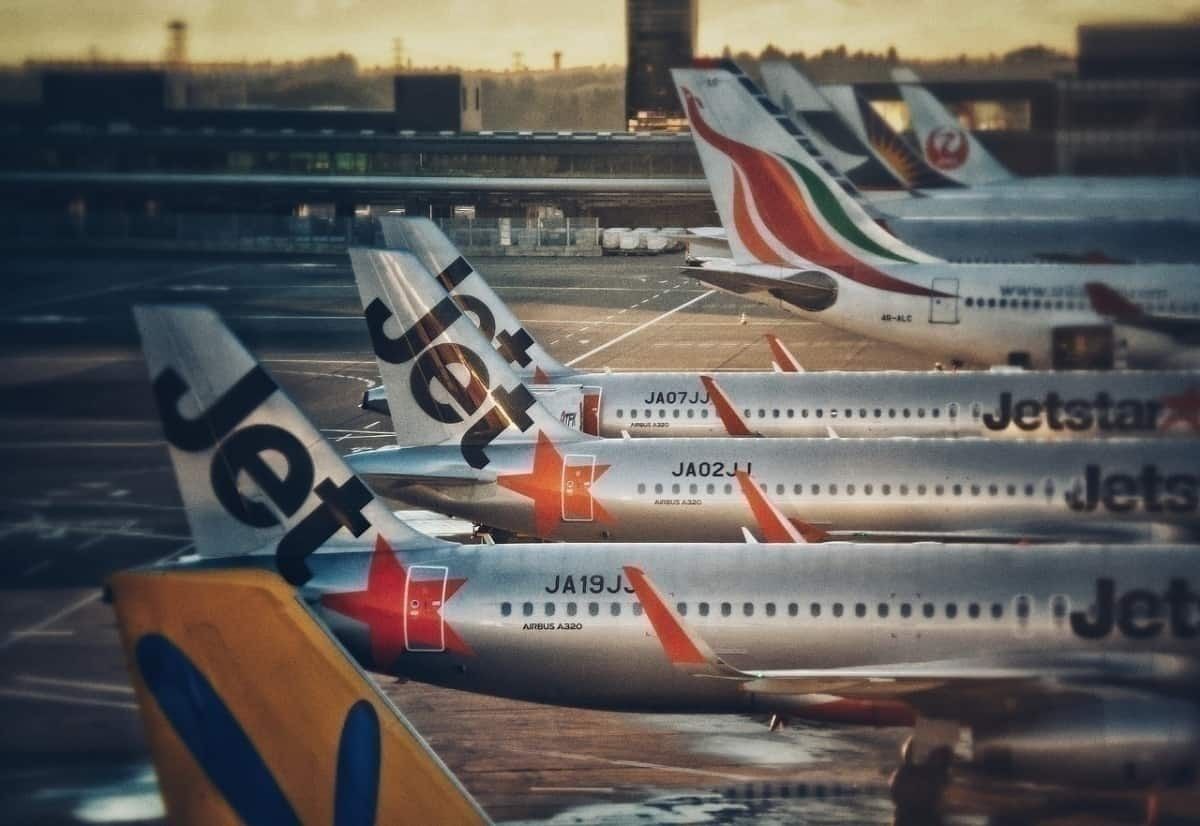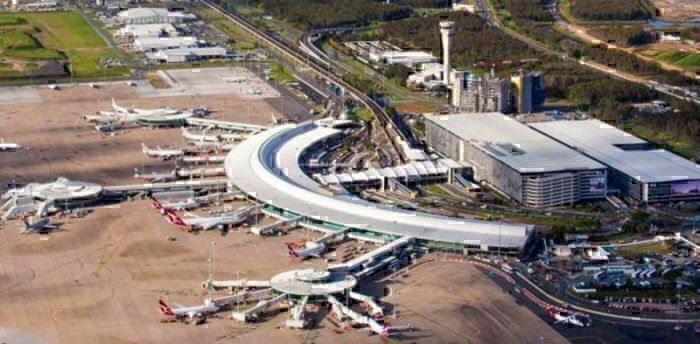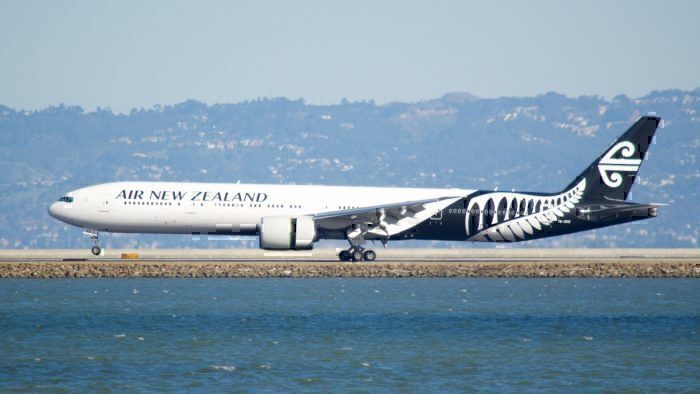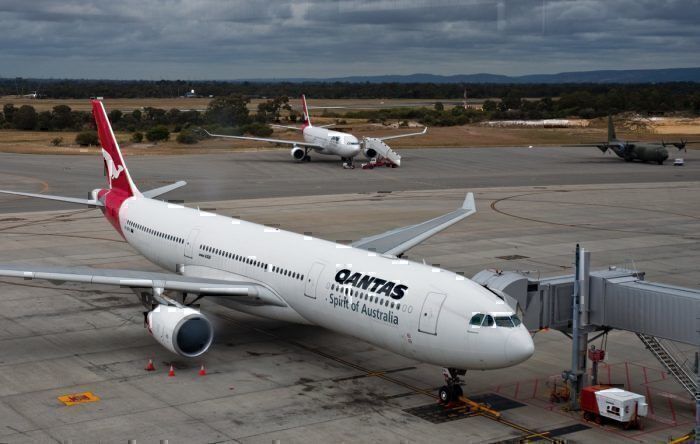It is no secret that airports are expensive places to use - for airlines, tenants, transport providers and passengers. There are two sides to the coin here. While it's fair that users of airports want maximum value for money, airports are hugely expensive to own and operate. Those who do so are entitled to recoup their investment. But a group representing Australian and New Zealand airlines say airport monopolies can hurt the Australian economy.
How profit much is enough?
But how much profit is enough? In Australia, where the big airports have long been privatized and now make handsome profits, users of the airports, particularly airlines, have long cried foul over airport costs.
In 2018, Sydney Airport made a profit of USD$256 million, Melbourne Airport made a profit of USD$217 million, Brisbane Airport made a profit of USD$158 million and Perth Airport made a profit of USD$82 million.
To use Brisbane Airport as an example, in the same 2018 year, 42% of its revenue was made from aeronautical charges, 18% of revenue was made from landside transport charges and 12% of revenue was made from retail. In addition to this, 6% of revenue was made from government-mandated security charges, and 22% of revenue came from other sources.
Recommendation to maintain the status quo
Concern over excessive airport charges culminated in the Australian Government asking the Productivity Commission to look at the current regulation of airport services and whether it encouraged the most efficient operation of airports and related industries.
In October 2019, the Productivity Commission recommended maintaining the status quo.
The recommendation represented a blow for airport users who had been publicly campaigning for reform or, as their representative body preferred to put it, 'reigning in' airport operators who have long been abusing their monopoly powers.
With the exception of Melbourne, every capital city airport operator in Australia enjoys a monopoly position. There is a second airport outside Melbourne, at Avalon, which has had limited success as a passenger airport. A second airport on the western fringes of Sydney is due to start receiving flights in 2026.
The airline's representative body hit back yesterday
Yesterday, the airline’s representative body, Airlines for Australia and New Zealand (A4ANZ) hit out at the Australian Government’s “refusal to act on the worsening behavior of Australia’s monopoly airports.”
The A4ANZ, which counts amongst its members Qantas, Virgin Australia, REX, Tigerair, Air New Zealand and Jetstar, argues that the Australian Government’s failure to act could lead to further legal disputes and undermine the wider economy.
The A4ANZ wants the Australian Government to establish an independent umpire to resolve disputes between airport operators and airport users. The A4ANZ calls this modest, evidence-based reform. But so far the government has declined to do so.
In a statement provided to Simple Flying yesterday, A4ANZ Chairman Professor Graeme Samuel AC, said;
“Complaints about prices and service standards at our airports have obviously fallen on deaf ears. My advice to those who have a complaint over their airport experience, is to direct it to the Government. The airlines, together with a coalition of airport users, tried to have common sense applied in the interests of their customers, but the consumer has been ignored by Government.
This decision to endorse the recommendations of the widely-criticized PC Report is staggering.”
This will encourage airport operators to raise fees further
A4ANZ, which has its own agenda to push, reckons passengers can expect further increases in the cost of car parking (which already has a profit margin of 70%), airport food and drinks, taxi surcharges (up 300% in 2 years) and rental car surcharges. They say the airport operators will be emboldened by the Australian Government’s failure to rein them in and that this will encourage airport operators to raise fees and charges further.
Professor Samuel goes on to say;
“As we are acutely aware at this time of year, air travel is a fundamental part of the Australian way of life. The aviation industry is essential to the economy, contributing over $100 billion and supporting over 700,000 jobs. This issue is too important to simply ignore.
Faced with no option but more disputes and litigation, we will continue to work closely with the consumer watchdog - the ACCC, other airport users and Australian travelers, towards achieving the necessary reforms in any way we can.”
A4ANZ uses the dispute between Qantas and Perth Airport as an example
A4ANZ is using the example of Qantas’ prolonged dispute with Perth Airport over fees (or as A4ANZ puts it “monopoly rent”). Qantas publicly states that Perth Airport’s failure to agree to terms amenable to the airline is restricting growth at the airport, notably setting back the proposed Perth - Paris service. A4ANZ says this is an example of why an independent umpire is needed.
But there is also the view that Qantas (which made a handsome profit of USD$613 million in the 2018/19 financial year) needs to meet Perth Airport halfway and is, to some extent, dragging out the dispute and using examples like the Paris flights as bargaining chips.
The issue for the Australian Government is that they have to deal with two groups of powerful vested interests - the airlines and the airport operators. Both are big contributors to the wider economy and both have squadrons of lobbyists prowling the corridors of Canberra. Right now, the airport operators seem to be in the box seat.
However this pans out in the long run, costs will ultimately be passed onto the end-users: us.




